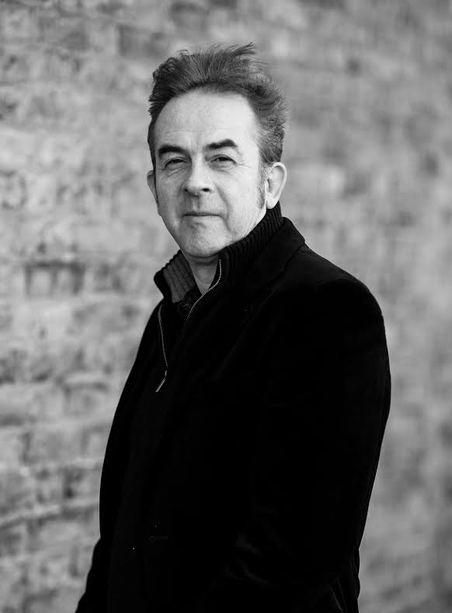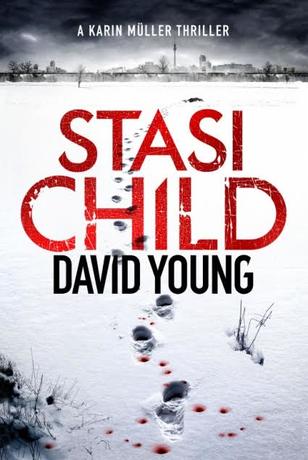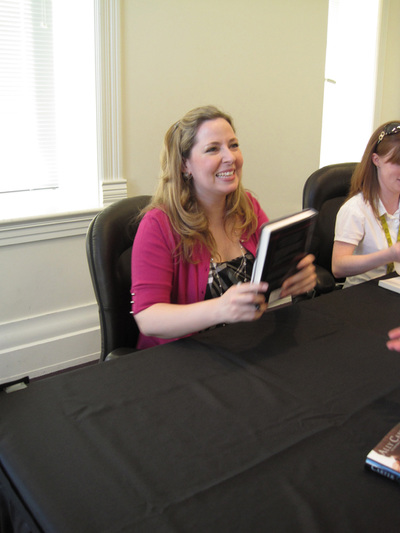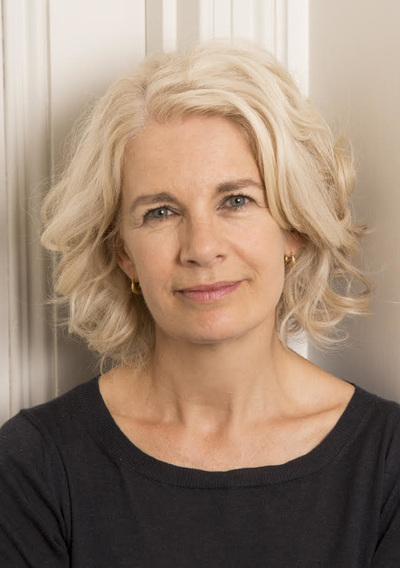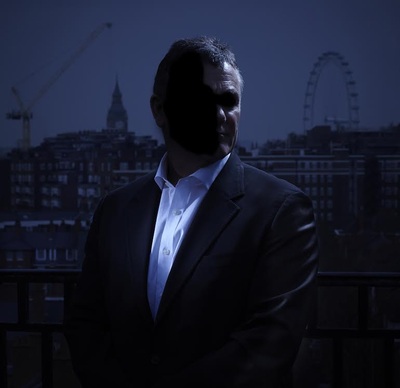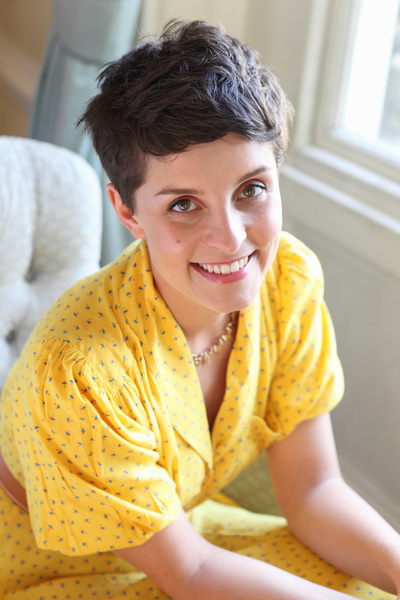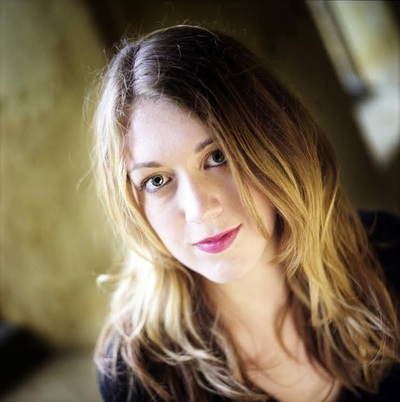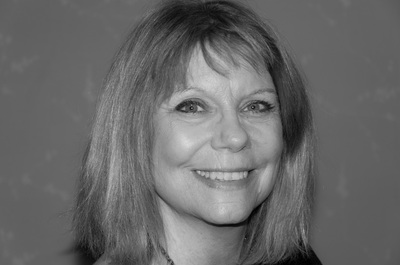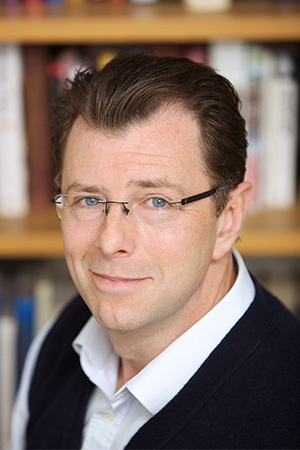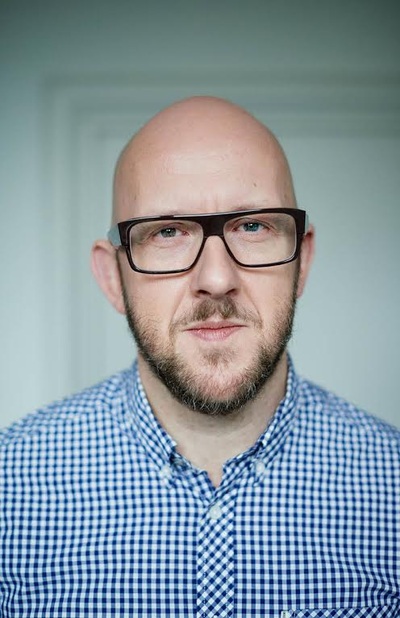David Young |
Interview by Carl Marsh - Oct 2015
|
|
Thank you for writing the story that is Stasi Child, as I lived in Germany for a few years and I always found Berlin and its history so fascinating. I take it you have a fascination too with Berlin and it’s not-so-distant Eastern Bloc Communist ruling times?
Yes! I love Berlin. My first visit was part of a little self-booked tour of eastern Germany with my unknown indiepop band. The fact that we were from the UK was enough to ensure a warm welcome. And between gigs, I read Anna Funder’s Stasiland – that was how it all began. My research trips to Berlin are probably the best part of being a novelist writing about East Germany. But my interest in the Eastern Bloc goes back even further. My undergraduate degree dissertation was on British Attitudes to Stalin’s 1930s purges – so there’s a link there too. Most first books tend to be written slightly auto-biographical, I don’t get this feeling at all from this book but, is there any character in this book that perhaps is based on yourself and your ways? To be honest, probably not. There’s perhaps a bit of my wife in my lead detective, Karin Müller. But most debut novels that get a deal aren’t really the writer’s first full- length manuscript. I had two rejected by publishers before Stasi Child was taken up – both featured a washed up journalist after being made redundant from international news broadcasting going back to his roots in local newspapers. Now that was me! Do you think you would have survived living in East Germany during the period that the book is set in, or would you have been one that would have persistently tried to escape to the West? I suspect I would have been something like Karin Müller. Generally toeing the line, perhaps believing in the socialist dream, but questioning things underneath. I don’t think I would have been brave enough to openly challenge things. But then, unless you fell foul of the system, many people – especially if they were content in their jobs – had lives they were happy with, and didn’t necessarily come into contact with the Stasi. What is your story then David, what made you want to become a writer? Well, like my fictional character in my first two manuscripts, I was desperate to leave the day job. I’d been pretty much sidelined at the BBC. In fact, very much. My assigned desk was just one metre from the entrance to the women’s loo – with just a single door shutting out the toilet smells. If you don’t get the message after that... Like many journalists, I’d always secretly harboured the desire to write a novel. So after I tried and failed to get published about twelve years ago, I turned to other things to distract me from the day job (in my case songwriting and playing in a band). But then about three years ago, I decided to get serious on the novel-writing front. I managed to get in as a late entrant to City University’s first-ever Crime Thriller MA. To graduate, you had to write a full-length novel. And Stasi Child was my degree manuscript. I won the course prize sponsored by Peters, Fraser and Dunlop and am now represented by Adam Gauntlett at PFD. I have no doubt that this book will catapult you onto the best sellers list, are you prepared for all the attention you will get as a well-received new author? Aha! I’m glad you’re so confident. I’m not! Actually we have already troubled the Kindle bestseller lists. Stasi Child reached number four in the Amazon Kindle chart earlier this month and topped the Historical Fiction chart and Police Procedural chart. That’s fantastic, but it’s only if ebook sales translate into shifting paperbacks that I can look ahead to a career as a novelist, never mind ‘getting attention’. In any case, the beauty of being an author is that you can go unrecognised in the street even if you are lucky enough to be a bestseller. Which crime writer would I recognise out and about? Maybe Ian Rankin, perhaps Val McDermid… even then I’d probably have to look twice! What next from you, what are your plans for your next release? It’s the as-yet-untitled number 2 in the Oberleutnant Karin Müller series. I’ve just sent an early draft to the publishers and we’re going to start working through it soon, but it won’t be coming out till February 2017 – so there’s no rush. It’s set in the East German new town of Halle-Neustadt: supposedly an idyllic communist city, but as you can imagine, things soon start to go very wrong. I’m very excited about the setting, though. Halle-Neustadt – or Ha-Neu as it was and is known (pronounced exactly like the Vietnamese capital) – was a fascinating experiment, sadly now decaying in many parts. Addresses were just numbers: it really was a place where the streets had no names. It was also the site of the GDR’s most famous murder case, the Crossword Puzzle Murder, and as part of my research I was lucky enough to talk to the detective involved, who’s a great character. For yourself David, what books/authors tick the boxes, what do you read? I have to confess – and this is a terrible admission for a writer – I do not read enough. I’ve found my reading speed has slowed alarmingly through starting to write and examining things too much. I know Stephen King thinks writers should read two novels a week. I will be pleased if I can get my average up to one a month, aiming to increase to one a week. I’ve been introduced to some fantastic writing by my fellow students from the City course. The one to watch is Rod Reynolds, whose The Dark Inside was the first from the course to get a deal, snapped up by Faber. It’s a superb slice of American noir – written by a Brit! It’s already a big critical success and I’m sure sales in big numbers will follow. What would be the first book that flashes into your head when I ask what your favourite book is, and why? The Thousand Autumns of Jacob de Zoet by David Mitchell. Superb evocation of time and place, a story to get lost in, and you are distraught when it ends. Absolutely loved it. People should read more books as they are weapons for the brain, shouldn’t they? I agree one hundred percent. The trouble is, as you will gather from my earlier answer, I am guilty of failing in this area. It is sad, though, that so many teenagers these days don’t read books. We’ve never managed to convince my daughter – she’s a mathematician -- although my son’s reading range is increasing by doing American literature as part of his American Studies degree. In my teen years I was addicted to Helen MacInnes’s and Alastair MacLean’s thrillers … What annoys the hell out of you? My current bugbear is the ridiculous decision to close the main arterial route to the south west – the A316 (which becomes the M3) – on match days during the Rugby World Cup. This is a huge inconvenience for Twickenham residents, not all of whom like rugby (I’m a football man and Hull City fan). On top of that, a chance to improve a life-saving footbridge to our local primary school in St Margaret’s as part of the World Cup’s ‘legacy’ was thrown away by TFL. Instead they’ve built an unwanted toucan crossing under it, undermining the need for a bridge, and putting the area’s schoolchildren at risk from a horribly busy road. Bonkers. And then there are Heathrow night flights … Twickenham’s creeping CPZ’s …People who rabidly espouse particular ‘isms’ but are guilty of being ‘ist’ over something else they don’t care about. Ha! I’d better stop there. What makes you happy? Hull City going 2-0 up against Arsenal in the FA Cup at Wembley. So what if we lost? I came out of the stadium with a huge smile on my face, a boyhood dream fulfilled. And if writing it in a book, If you were an animal, what would it be, and why? A cat. Because cats are crepuscular, and that’s such a great word. David @djy_writer Stasi Child by David Young is out now in _ebook. The Paperback will follow in February 2016. |
Occupation: Writer
Country: UK |
